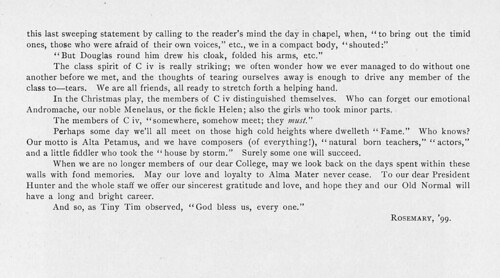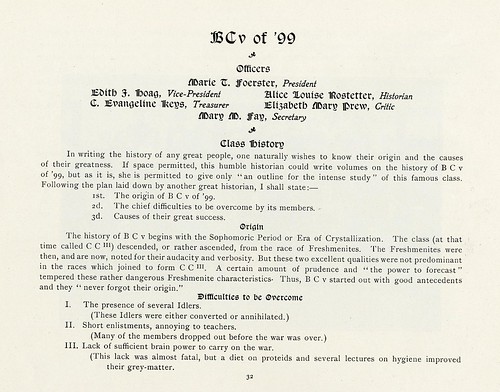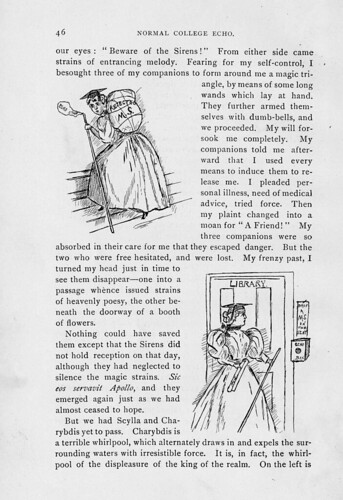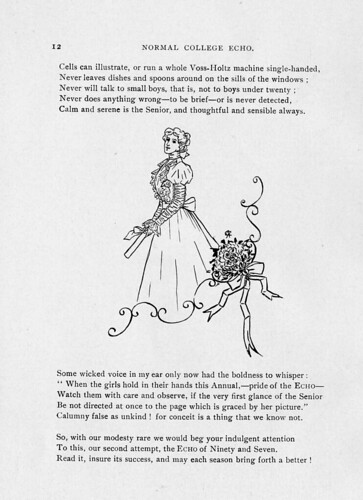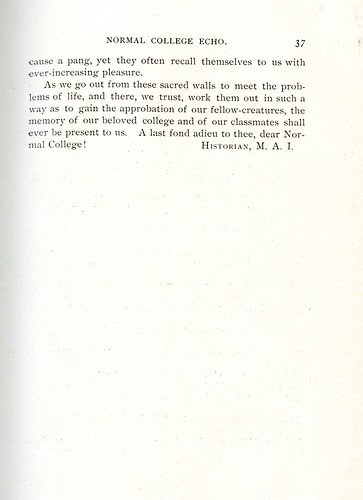Do you know about - Centennial Salutes to the Birth, increase and amelioration of Richard Wright As a Writer
Medgar Evers College! Again, for I know. Ready to share new things that are useful. You and your friends.I have for long been touched by the literary excellence of Black Boy of all Richard Wright's work which I have had a reading, teaching taste spanning practically thirty years, a period in which I have kept wondering as to what makes it such a marvelous representation of a writer and at the same time remain a lively, gripping, intriguing, and illuminating read practically throughout the pages. That this year is the Centennial of his birth which is being marked deservedly well with many literary events I plan that it could be the most needed catalyst to impel me into putting my thoughts, reflections and recollections of this ever-present Black Boy in print.
What I said. It is not outcome that the actual about Medgar Evers College. You check this out article for information on an individual want to know is Medgar Evers College.How is Centennial Salutes to the Birth, increase and amelioration of Richard Wright As a Writer
A celebration of the life and works of Richard Wright is principal and justified for me in Sierra Leone as his works both Black Boy and Native Son are taught and studied at all levels of our educational law from secondary school level upwards and have left an indelible impression on all who have read them. I have taught Black Boy for practically ten years from the teacher training college Milton Margai, to librarians in training at Fourah Bay College and I and my students have agreed it is an irreplaceable gem - his style as much as his stoicism and his unswerving race of self-improvement in spite of all the troops pitted against him, being a model for all .
One of America's most African-American writers, Richard Wright was among the first Black writers to perform literary fame and fortune. But this was due mostly to the superb ability of his work: his vivid descriptions of scenes, the sense of gradation in portrayal, psychological penetration of his characters at assorted stages of their growing up, especially so Black Boy, his capturing the traumas, pain and anxieties of growing up black in the southern states of America in the early twentieth century, and his commitment to championing the cause of blacks wherever they live, Africa or the Diaspora.
Richard Nathaniel Wright, the grandson of a slave was born and spent the first years of his life on a plantation near Natchez, Mississippi in September 4 1908.. His father, Nathaniel, was an illiterate sharecropper and his mother, Ella Wilson, was a well-educated school teacher. The family's greatest poverty forced them to move to Memphis, Tennessee, in 1913 when Richard was six years old. Although he spent only a few years of his life in Mississippi, those years would play a key role in two of his most recognized works: Native Son, a novel, and his autobiography, Black Boy.
Soon after moving, his father abandoned the family, leaving his mom to support them alone. His house moved to Jackson, Mississippi to live with relatives. Wright's whole life was fraught with such continual animated from one town to another, some sudden and traumatic, staying with relatives, at orphanages, enduring cleavages with house members and teachers, fighting incessantly with bullies, white road gangs,as much as his constant fight against hunger, hypocrisy, parental neglect and the trauma of living in an household of multiple sick members and coping with the drudgery of Christian fundamentalism
So when in the spring of 1925 at the age of 15, Wright wrote his first story "The Voodoo of Hell's Half-Acre", and it was published in Southern Register, a local black newspaper, he had diminutive support and encouragement from his family. For his grandmother had already conscripted every one on her side against Richard's independent and creative spirit.
He had to construct a high level of motivation and daring , to go ahead. He forged notes with the signatures of whites in order to borrow books from the library for him to satisfy his unquenchable thirst for great literature
He graduated as valedictorian of his 9th grade class in May 1925, and enacted other daring defiance against authority by reading his own speech instead of the principal's..He left school a few weeks after entering High School, worked at any menial jobs in Jackson and Memphis while chronic writing and discovering the works of the masters. In 1927 he moved northwards to Chicago where he joined the communist party and wrote articles and stories for many leftist publications. He later became the leader of the John Reed club which was dominated by the Communist Party. During this time, he edited Left Front and contributed to New Masses Magazines.
In 1937, he moved to New-York and began work on a Writers project guide book to the city entitled New York Panorama, and subsequently became the Harlem editor of the Daily Worker. He gained national attention for his four short stories in Uncle Tom's Children, which earned him a Guggenheim Fellowship Award; which allowed him to faultless his first novel Native Son in 1940. Native Son subsequently became the first Book of the Month Club choice by an African American author.
He married Ellen Poplar in 1941, and together they had two daughters, Julia and Rachel.
In 1944 he broke away from the Communist Party. After animated to Paris in 1946,and becoming a French people in 1947, he wrote The Outsider, Savage Holiday and Black Power. His travels throughout Europe, Asia and Africa became the branch for numerous non-fictional works that he wrote. In 1949 he contributed to the anti-communist anthology The God That Failed, and his essay was published in the Atlantic Monthly three years earlier.
In 1955, he visited Indonesia for the Bandung Conference. His recorded observations of it were published in his book The Color Curtain: A record on the Bandung Conference.
His other works comprise White Man, Listen!, The Long Dream, and Eight Men; and a host of other publications.
He died in Paris in November, 1960, leaving an unfinished book A Father's Law which was published by his daughter, Julia., in January 2008.
Richard Wright's most principal gift is in accurately and vividly portraying blacks to white as well as black readers thus becoming principal reading to what it means to be a Black American and equally an American of anyone ethnic background.
His eldest daughter Julia Wright a journalist and the literary executrix of Richard Wright's estate has edited the last of his books to be published: Haiku, A Father's Law, and Black Power. On the opportunity of Richard Wright Centennial she sets the background showing when her mother, Ellen Poplar married her father, Richard Wright, on March 12 1941 and their life together until his death. Whilst he died in 1960 she died on April 6 2004, at the ripe age of 92. Forty four years after Richard. They are both buried in exile in Paris. Ellen was the Executrix of the Richard Wright Estate for long decades before her death, and was as well a literary agent in her own right . In the late seventies, Celia returned to Paris from her freelance journalism work in Africa to help her aging mom to deal with the administration of Richard Wright's papers and books. As from 2004, Celia took over fully and wholely representing the Estate in her late mother's place.
She convinced Harper Collins to publish his last unpublished draft, uncorrected and unsubmitted. Death precisely prevented him from giving it the ending he would have wanted for it. It is called "A Father's Law" and was published by Harper Collins on January 8th with a short introduction by Celia, describing how she found it and related to the friction between the generations it depicts.
Remembering Richard Wright's readership, deprived for so long from his political non fiction written in exile at the height of the Cold War, she has tried to bring out these three books, essentially as a trilogy, Black Power, White man, listen!, The Color Curtain. They, agreeing to her had been allowed to fall out of print for reasons of poor sales - as some claimed; or for reasons of black listing as others claimed.
Once again, Harper Collins has worked in agreement with her to fulfill her wish to give these later writings back to the group by issuing an omnibus containing all three works, which hit the bookshops in February 2008.
Meanwhile, the idea of a initial series of Pre-Centennial Lectures and gatherings to plan Richard Wright events was born. The idea was to give autobiographical talks based on her own work in enlarge wherever interest in Richard Wright was strong and leave her hosts free to brainstorm and plan their own creative tributes to Richard Wright from Centennial Committees to Festivals to art and the creation of landmarks and encouragement of his ideas, from literacy to the unrelenting struggle against racism.
During 2006, she followed the trail of Pre-Centennial interest in him from Seattle to the University of Columbia, Missouri..... In New Orleans, she spoke on the uncanny resemblance with Katrina, of the floods portrayed in "Uncle Tom's Children" and "Eight Men"" only to speak the following week in arid Arizona on campus but also in the community. She spoke at the University of Massachusetts and a few days later at the University of Temple and at the University of Pennsylvania, she was the guest of Professor Joyce Anne Joyce, one of the first outstanding Richard Wright scholars. ... Meanwhile, Professor Jerry Ward was stimulating the creation of Richard Wright Reading Circles throughout the South whilst women like Professor Maryemma Graham and Dr. Colia Clark traced a network of revival throughout the land.
In 2008 there was much activity from February 20 to 24 in Natchez, The Natchez Literary and Film Festival totally dedicated to Richard Wright, took place from March 28-March 30. She spoke on the theme of Transmission and Resistance at the consulation of Black Writers at Medgar Evers College.. On March 29 at the Schomburg town in Harlem, Howard Dodson and Professor Maryemma Graham wwere on a panel of historians discussing : Richard Wright at 100 : seeing backward and forward hosted by the organization of American Historians. April 13th 2008 was Richard Wright day at the University of North Carolina, Chapel Hill. With a day long commemoration where Celia shared the keynote with her longstanding friend, Pr. Jerry Ward.
April 20th to 27th was Richard Wright Week in Philadelphia. June 19 and 20: American University of Paris, hosted an international consulation on Richard Wright. June 28th : a consulation on Richard Wright was held in Hiroshima, Japan, sponsored by the Japanese Black Studies Association.
September 4 to 12 2008 at Jackson Mississippi will be observed as Richard Wright week at assorted venues . Then in October 1st 2008 Celia Wright will be giving the first DuBois construct lecture in Harvard . Activities celebrating the centennial of Richard Wright's birth will spill over into 2010 to merge with the commemoration of his premature death in 1960.
"Everybody has internalized his or her Richard Wright. ... If, as his elder daughter, I had a personal emphasis to put I would say that though the elites of Academia have claimed him and precisely deconstructed and post-deconstructed him, he belongs in the end to the community. Bigger was electrocuted by the State, x-rayed by showpiece Academia, given care and attention where academics can be most kind - and yet, elusive still he is alive and kicking out there seeking answers to questions that are being asked manifold" Julia Wright ,Paris Dec 18th 2007
Through his writing Richard Wright not only captured his experiences as well as those of other blacks in the written word, but straight through him the written word became a weapon used to destroy ignorance, racism, economic violence and classicism. He challenged commonly held stereotypes and notions of inferiority, defining black people as full characters who were free to act upon the stage of human history as ordinary human beings. The subjects and issues that his characters struggled with represented the worst of human experience: poverty, illiteracy, violence, race, abandonment, the fatherless child, hunger, capitalism, racism, colonialism and war. Wright's thoughts are derived from the political and group fabric of his time reflecting contributions of great men before him like W.E.B. Dubois and Paul Robeson and in turn passed a inheritance of group consciousness in literature and influenced the civil proprietary and liberation struggles of the second half of the twentieth century, including people like Dr. Martin Luther King, Jr., and Malcolm X .
I hope you obtain new knowledge about Medgar Evers College. Where you can put to used in your everyday life. And most of all, your reaction is Medgar Evers College.Read more.. A cool way to improve Centennial Salutes to the Birth, increase and amelioration of Richard Wright As a Writer. View Related articles related to Medgar Evers College. I Roll below. I have recommended my friends to assist share the Facebook Twitter Like Tweet. Can you share Centennial Salutes to the Birth, increase and amelioration of Richard Wright As a Writer.
